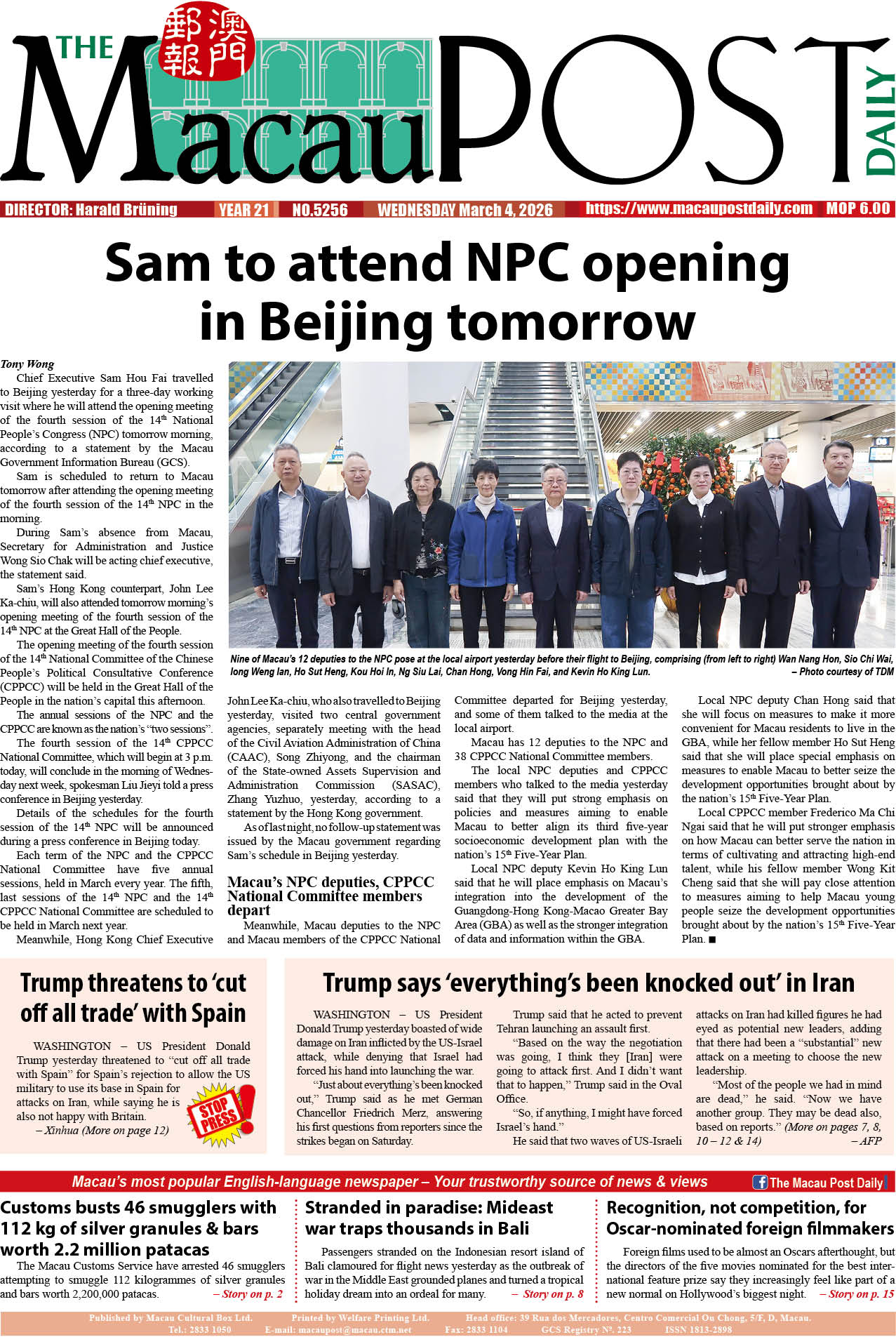China Daily Editorial
In a troubling sign that it is extending its reach to the Asia-Pacific region, the US-led NATO is reportedly planning to open a liaison office in Japan, the first of its kind in Asia, as part of its strategy to deal with the perceived geopolitical challenges posed by China to the transatlantic military alliance.
The proposed office, due to open next year in Tokyo, will facilitate discussions with NATO’s security partners in the region such as the Republic of Korea, Australia and New Zealand, Nikkei Asia reported on Wednesday citing Japanese and NATO officials.
It is no secret that NATO, pushed by the United States, has in recent years sought to strengthen its military ties with its Asia-Pacific partners by hyping up the perceived threat from China, despite Beijing reiterating that the Western powers should not use pretexts to turn the region into a geopolitical battlefield.
NATO chief Jens Stoltenberg, a strong supporter of greater transatlantic cooperation, which translates into Western dominance, visited Japan in January and, together with Japanese Prime Minister Fumio Kishida, vowed to strengthen ties in the face of “historic” security challenges posed by the Russia-Ukraine conflict and China’s “rising military power”.
In its “strategic concept” unveiled last year, NATO claimed China posed “systemic challenges” to transatlantic security, and vowed to “strengthen dialogue and cooperation with new and existing partners in the Indo-Pacific region to tackle cross-regional challenges and shared security interests”.
To justify its own strategic pivot to the Asia-Pacific and NATO’s efforts to extend its reach to the region to target China, the US has tried to play on the fear of Russia to strengthen strategic ties with its European allies, and described China as Russia’s possible strategic military ally. The US’ strategy was unwittingly revealed by Mark Milley, chairman of US Joint Chiefs of Staff, when he told the journal Foreign Affairs in a recent interview that the US military needs to become stronger to deter a war with China, and the US must be careful to not drive China and Russia closer into a military alliance. “The issue is conflict and war,” he emphasized.
Japan, always known to toe the US line, has also been desperately trying to strengthen its military partnership with its Western and regional allies, citing Beijing as a perceived threat. In fact, Kishida, referring to Taiwan, has been saying that “Ukraine today may be East Asia tomorrow”.
Therefore, the planned opening of NATO’s liaison office in Tokyo does not bode well for regional peace and stability. The transatlantic military alliance is in more ways than one responsible for the Russia-Ukraine conflict. By extending its reach to the region, does it want to trigger a conflict in Asia-Pacific, too?
– Courtesy of China Daily







